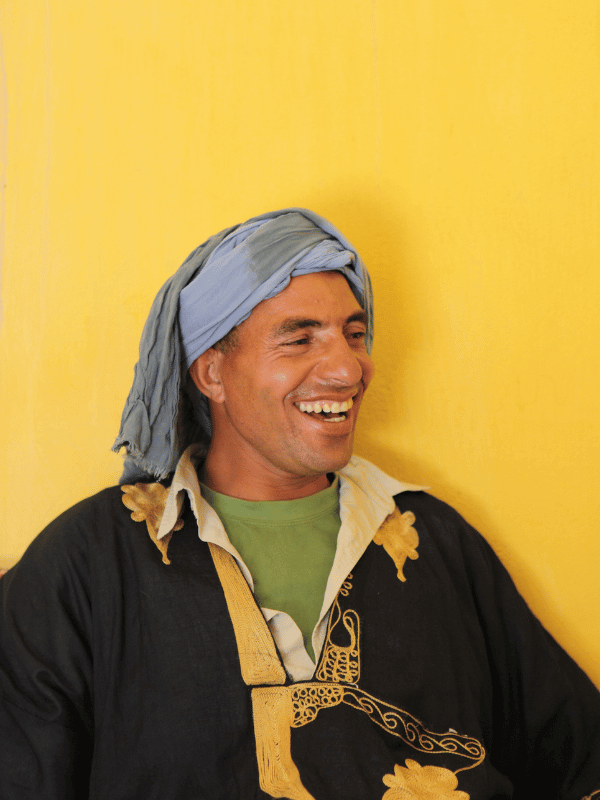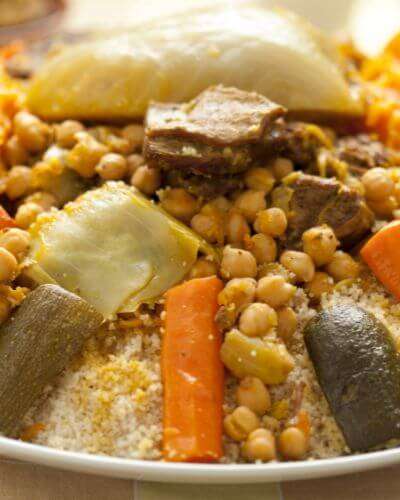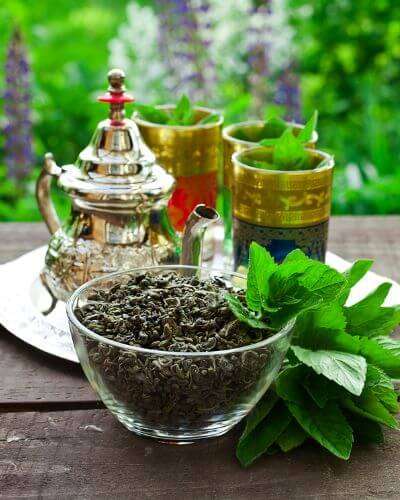Moroccan Berbers in North America

The Moroccan Berbers, also known as Amazigh, form a diverse and resilient cultural tapestry within the North American diaspora, originating from the rugged landscapes of North Africa’s Maghreb region. Their history spans millennia, with evidence of their presence dating back to prehistoric times, making them the indigenous people of North Africa. The Berbers have tenaciously preserved their cultural identity and traditions despite facing various invasions and colonial conquests.
Berber culture is deeply intertwined with their connection to the land and a profound respect for nature. Skilled artisans, they produce exquisite rugs, pottery, and intricate jewelry, showcasing their artistic talents. Their language, Tamazight, is central to their identity, with numerous dialects spoken across their communities. Oral traditions, storytelling, and music are integral to their society, passing down historical accounts and cultural wisdom through generations.
During the latter half of the 20th century, a notable wave of Berber migration surged toward North America, seeking economic opportunities and fleeing political instability. They carried with them their vibrant heritage and cultural practices, enriching the diverse fabric of their new homelands in the United States and Canada. Joshua Project estimates 38,00o Moroccan Berbers in North America.
Within North America, Berber communities have created spaces for cultural preservation and celebration. Local festivals featuring traditional music and dance, alongside community centers offering language classes and cultural workshops, actively promote and share their heritage with fellow residents.
Furthermore, the Moroccan Berbers have made valuable contributions to their host societies. Sharing their culinary delights, introducing distinctive arts and crafts to local markets, and engaging in cross-cultural exchanges have fostered understanding and appreciation of their rich cultural legacy.
Moroccan Berbers in North America stand as living testimonials to a people whose ancient heritage transcends time and place. Their stories, traditions, and contributions contribute to the ever-evolving mosaic of cultures that make North America a vibrant melting pot of humanity.
Religious Life
Moroccan Berbers possess a deep-rooted religious heritage that mirrors the cultural diversity and historical influences of North Africa. In the eighth century, Arab invasions compelled the Berbers to adopt Islam, replacing their previous Christian faith. Most Moroccan Berbers today identify as Muslim, with Sunni Islam as the prevailing branch.
Islam has melded with pre-existing Berber spiritual beliefs throughout the centuries resulting in a unique syncretism. Presently, Berber communities diligently observe Islamic practices and rituals, such as daily prayers, Ramadan fasting, and pilgrimage to Mecca for those able to undertake the journey. Despite their dedication to Islam, Berbers have maintained elements of their ancient animistic and polytheistic traditions, blending them harmoniously with Islamic customs.
Moroccan Berber culture displays influences from Arabic traditions, yet it also allows women more liberties compared to some Middle Eastern Arab Muslim countries. Berber women enjoy a relatively higher level of education and frequently engage in employment outside their homes, showcasing their society’s dynamic and progressive nature.







